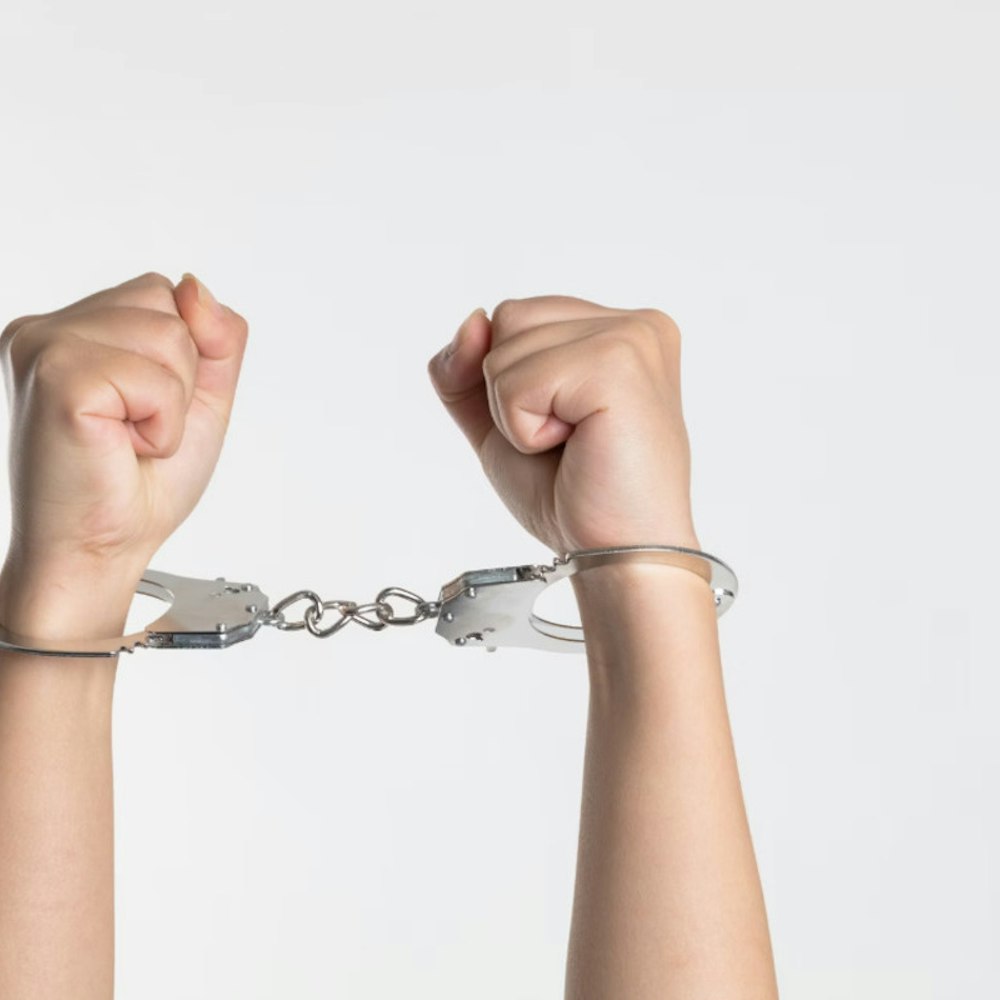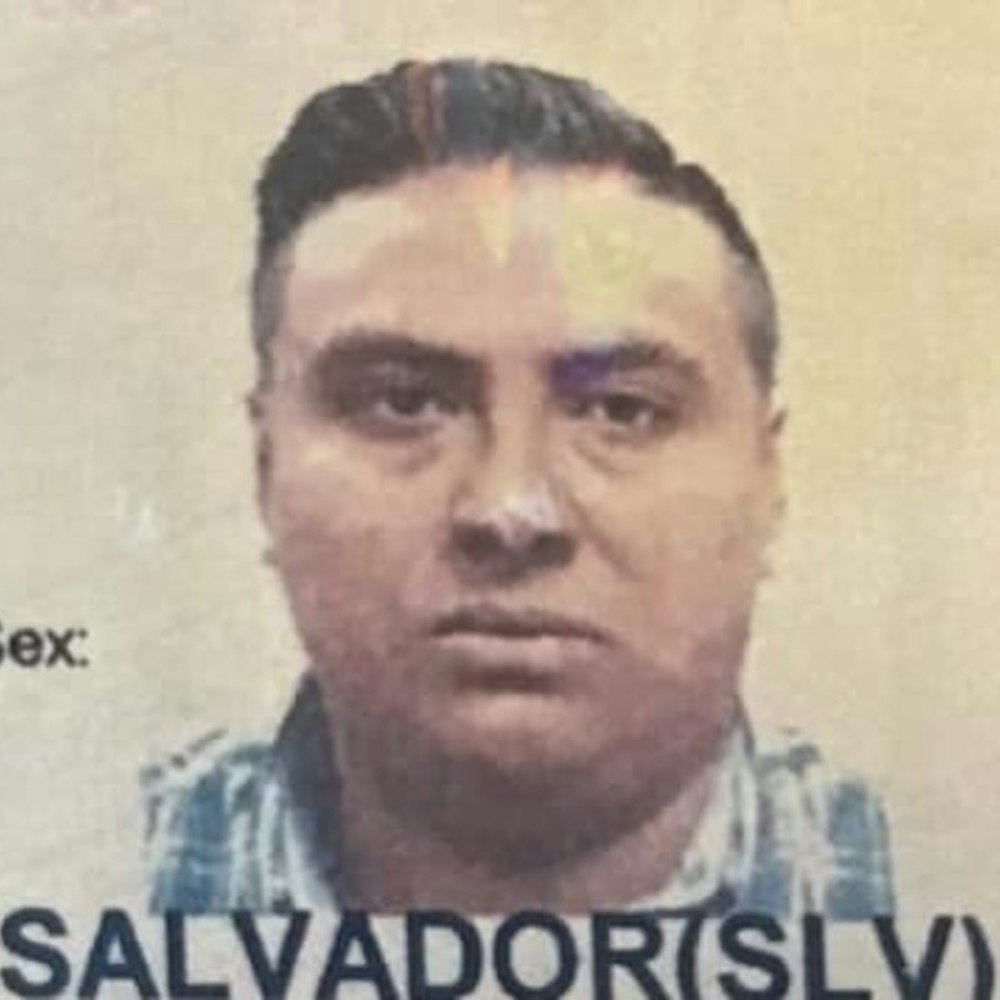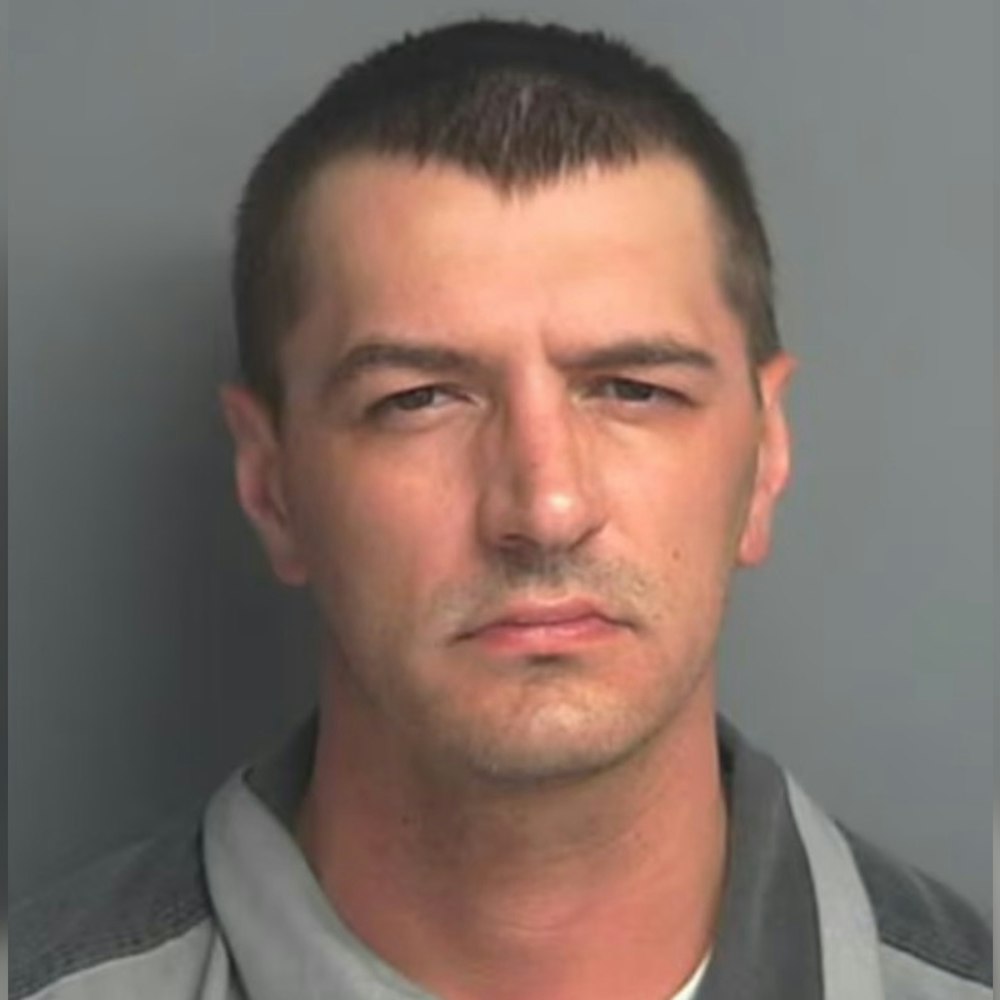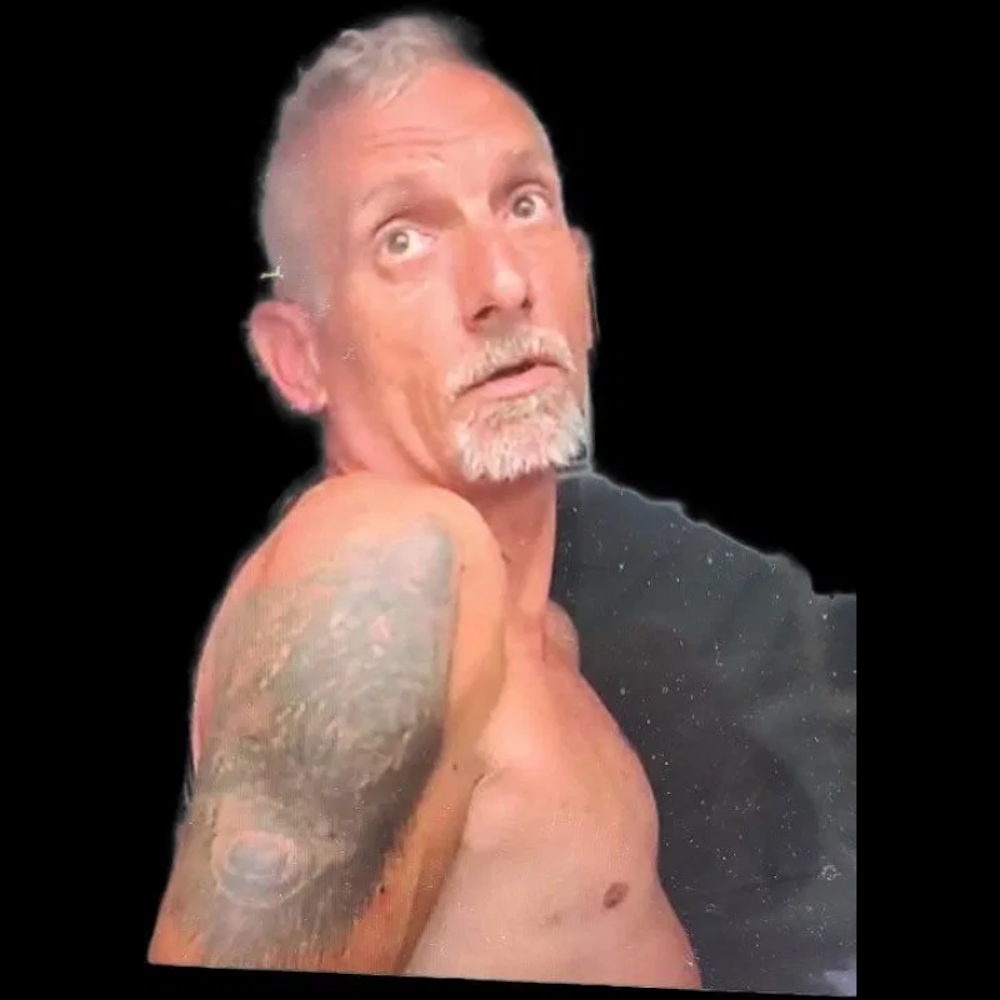
In a pivotal decision on homelessness, the U.S. Supreme Court has granted municipalities the authority to enforce bans on public camping by homeless individuals, overturning previous legal protections. As reported by The Times-Standard, the 6-3 ruling in Grants Pass v. Johnson reverses the Martin v. Boise decision, which previously curtailed the ability for cities to penalize the unhoused for sleeping in public spaces when no shelter options are available. Justice Neil Gorsuch, writing for the majority, outlined that the Eighth Amendment does not give federal judges the role of shaping policy responses to homelessness.
According to ABC10, California leaders are divided on the ruling. While Gov. Gavin Newsom expressed his commitment to working with compassion to address the fundamental needs of all people, Sacramento County District Attorney Thien Ho highlighted the ruling as an opportunity to provide both comprehensive services and "compassionate enforcement" for the safety and health of the state. Similarly, Rep. Kevin Kiley praised the court's decision for allowing communities to regulate homeless encampments in "a commonsense way" and echoed the necessity to connect homeless individuals with assistance.
Homelessness activists and organizations, however, have voiced significant concerns over the consequences of this recent ruling. Jennifer Hark Dietz, CEO of PATH, called the decision "devastating" and anticipated it would exacerbate the struggles faced by unhoused individuals. Jesse Rabinowitz, spokesperson for the National Homelessness Law Center, remarked to The Times-Standard that punitive actions such as jail time and fines complicate the already challenging paths homeless people navigate toward employment and housing. On the other hand, various interest groups aligned with civic authorities, law enforcement, and businesses welcomed the decision for the potential to address the presence of unsanitary and unsafe encampments.
At the heart of the issue is the need for rest as described by Justice Sonia Sotomayor in her dissent, where she argues, "Sleep is a biological necessity, not a crime." The ruling effectively posits a grim reality for those without shelter, a choice "Either stay awake or be arrested," as Sotomayor articulated. The implications of this decision are particularly salient in California, which accommodates nearly a third of the nation's homeless population, and where cities like San Diego have already started imposing restrictions on camps in sensitive areas.
The repercussions of the Supreme Court's decision extend far beyond the legal ramifications. Needa Bee, an advocate for unhoused people and former homeless individual, shared with The Times-Standard her trepidation that intensified enforcement will not only be emboldened but also drive people deeper into instability and homelessness. The path forward for California will now be shaped by how cities balance enforcement with solutions that address the complex and multifaceted challenges of homelessness.









